Our Courses
Software Development
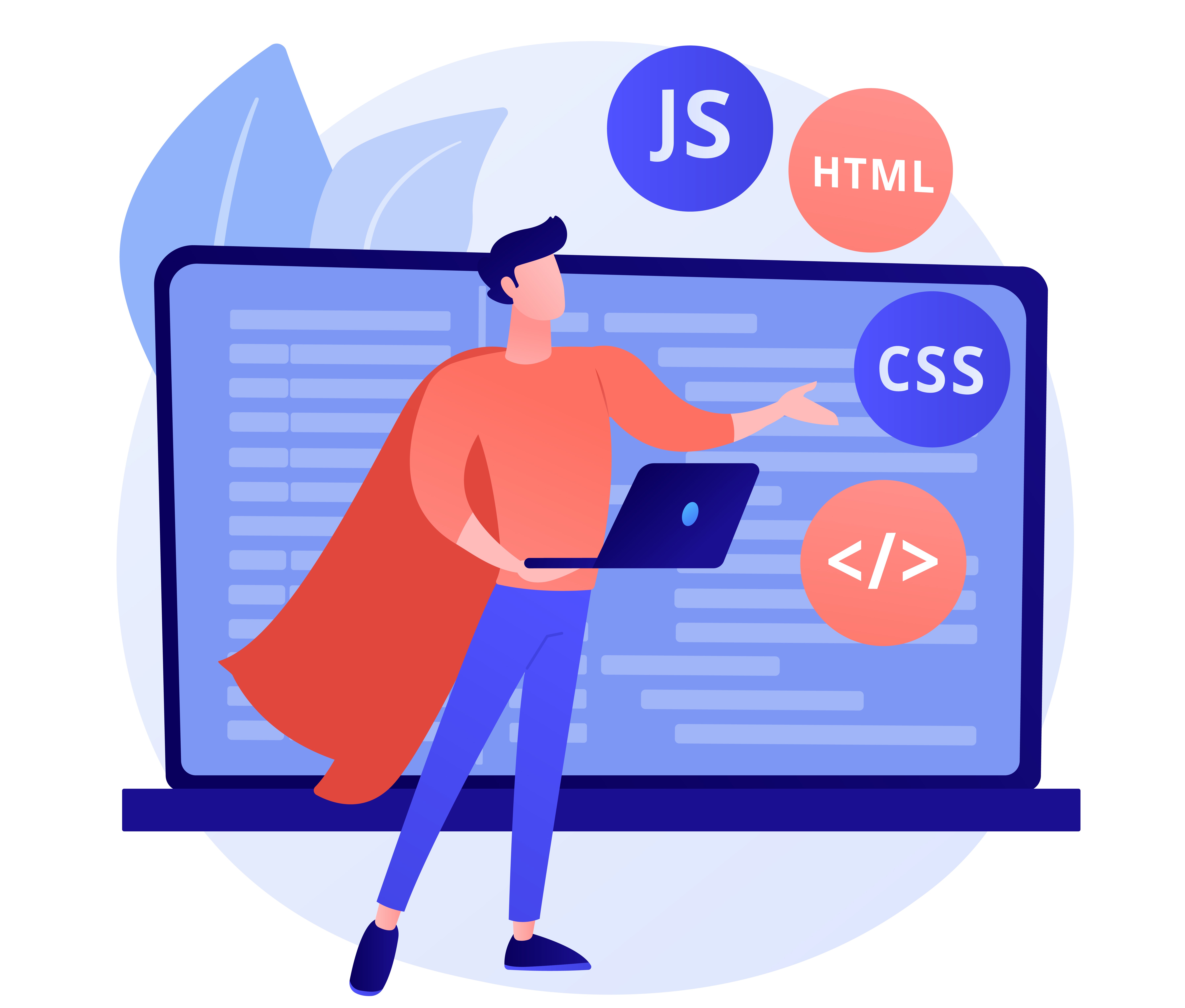
Web Designing
The term "web design" describes the design of websites that are viewed online. Instead of software development, it generally refers to the user experience elements involved in website development.
- Website design techniques
- Developing several themes for various layouts
Learning about the tools and techniques of web design includes using software programmers to design banners, adverts and the appearance and feel of a website.
Python Programming
Python is a programming language that is frequently used to create software and websites, automate processes and assess data. Python is a general-purpose language, which means it can be used to make many various types of programmers and isn't optimized for any particular issues. Its adaptability and beginner-friendliness have brought it to the top of the list of programming languages in use today.
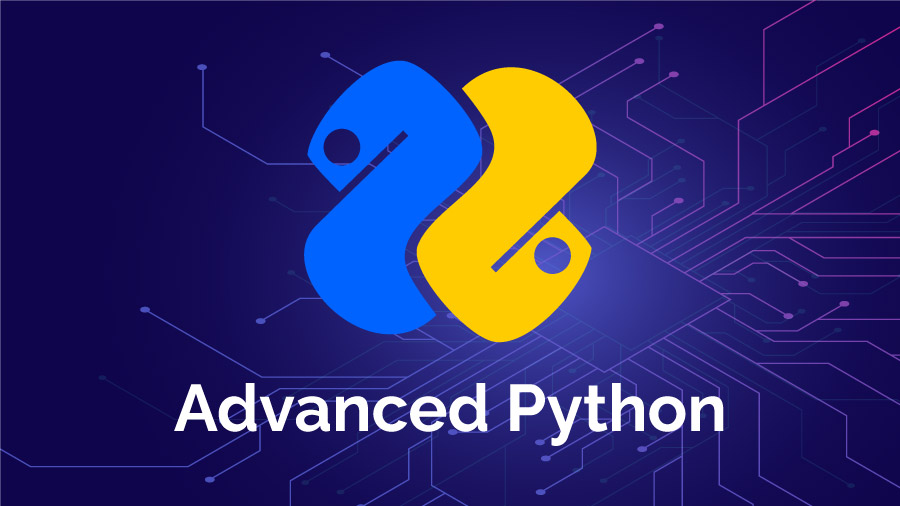
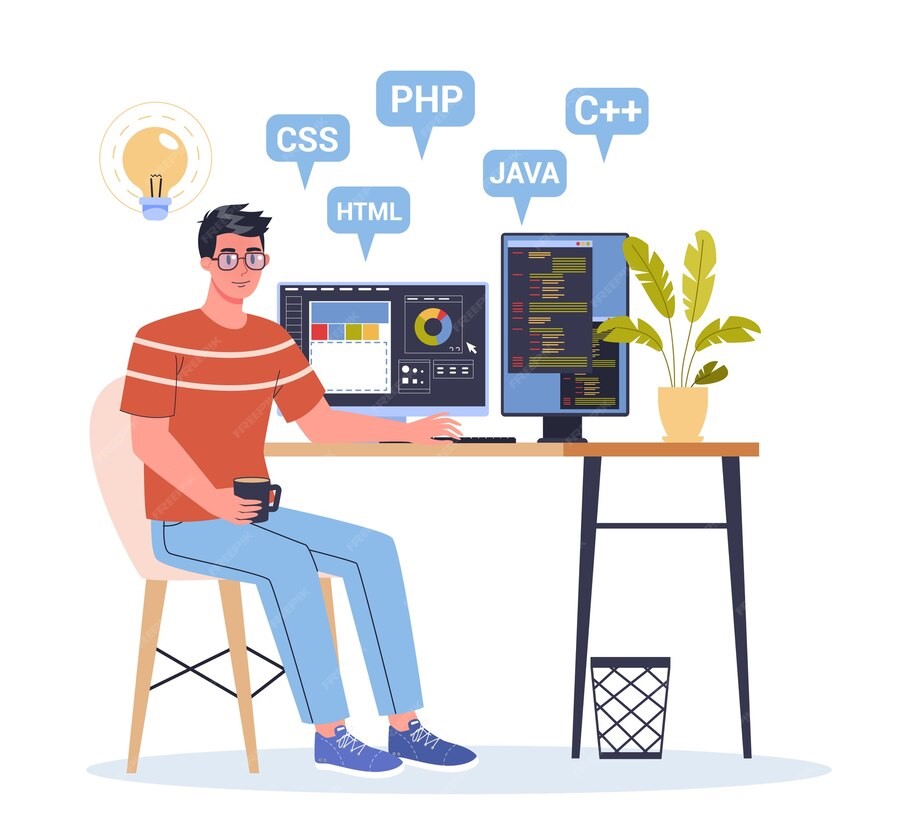
Full Stack Development
This full-stack development course offers a comprehensive journey from front-end to back-end technologies. You’ll start by mastering HTML and CSS to create and style web pages, followed by JavaScript to add interactivity. Learn modern frameworks like React for building dynamic user interfaces. On the back end, you'll explore server-side programming with Node.js and Express.js, and manage data with both SQL and NoSQL databases. The course covers building and consuming APIs, along with optional GraphQL for advanced data querying. You’ll gain skills in version control using Git, deployment practices with CI/CD, and containerization with Docker. Testing and security are emphasized to ensure robust applications. Apply your knowledge in a capstone project that involves developing and deploying a full-stack application.
Python with Data Science & Machine Learning
Machine learning is related to AI and computer science with its main focus on how to use data and algorithms imitating human behaviour, but data science combines domain expertise, programming skills and knowledge of mathematics and statistics to extract meaningful insights from data and databases.One of the most crucial tools for data scientists is machine learning.
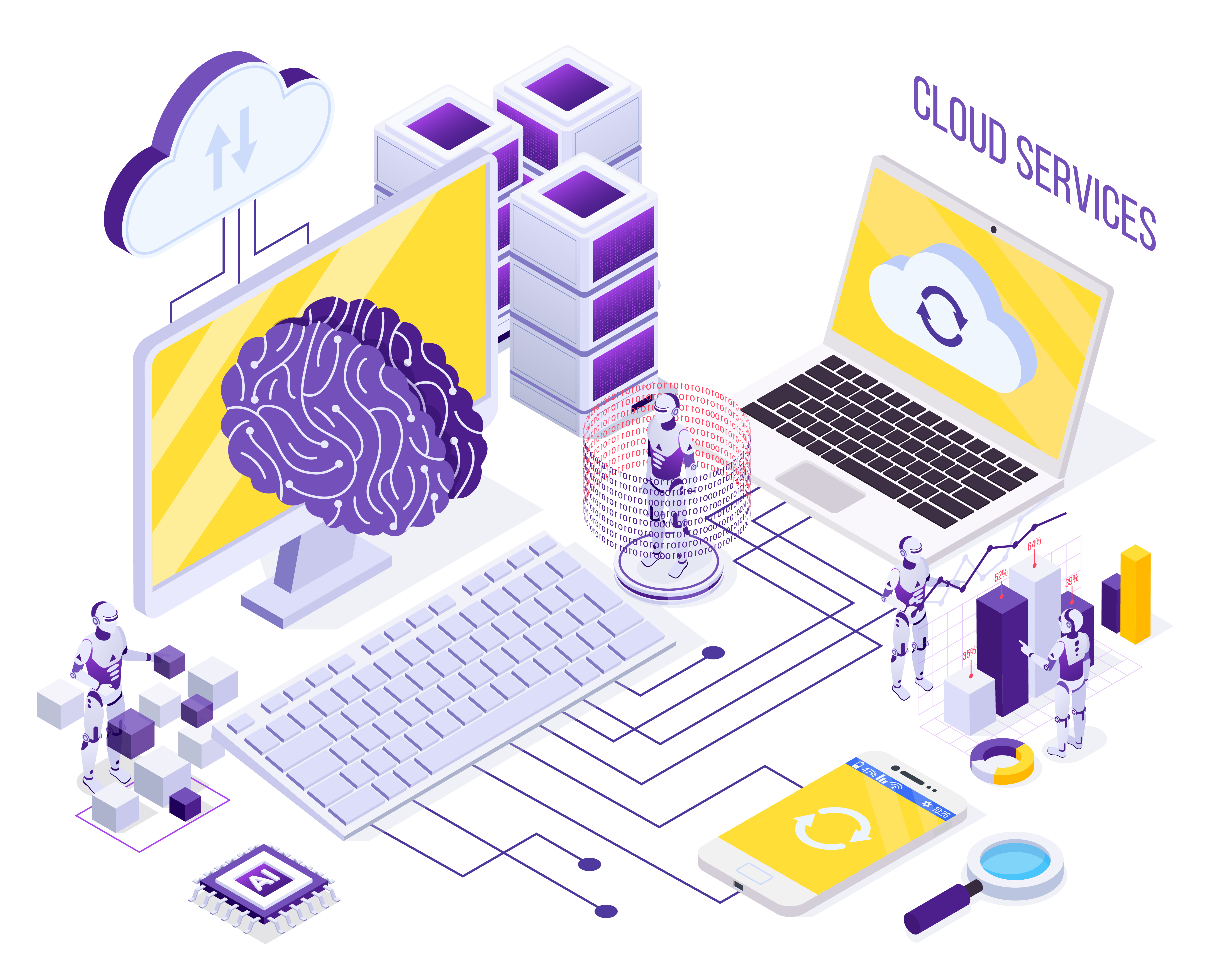
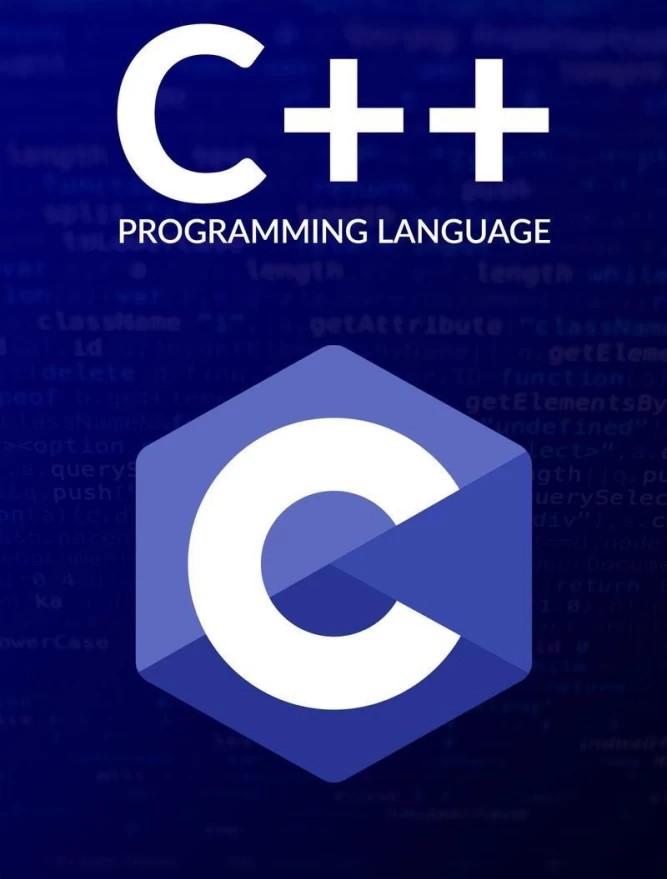
C and C++
This C and C++ course introduces you to fundamental programming concepts and the intricacies of these powerful languages. You’ll start by learning the basic syntax and structure of both languages, laying the groundwork for more advanced topics. The course covers essential control flow constructs such as loops and conditionals, as well as function definitions and recursion. You'll gain hands-on experience with arrays, strings, and pointers, which are critical for efficient programming. As you progress, you'll explore object-oriented programming in C++ understanding classes, objects, inheritance, and polymorphism. The course also includes practical lessons on file handling, utilizing templates for generic programming, and leveraging the C++ Standard Library. Advanced topics such as dynamic memory management, exception handling, and multi-threading will round out your learning experience, equipping you with the skills needed for complex software development.
Java Programming
Java Programming is a network-centric, multi-platform, object-oriented language that can also be used as a platform for itself. It is a fast, secure and stable programming language to develop anything from big data applications to server-side technologies to mobile apps and enterprise software.

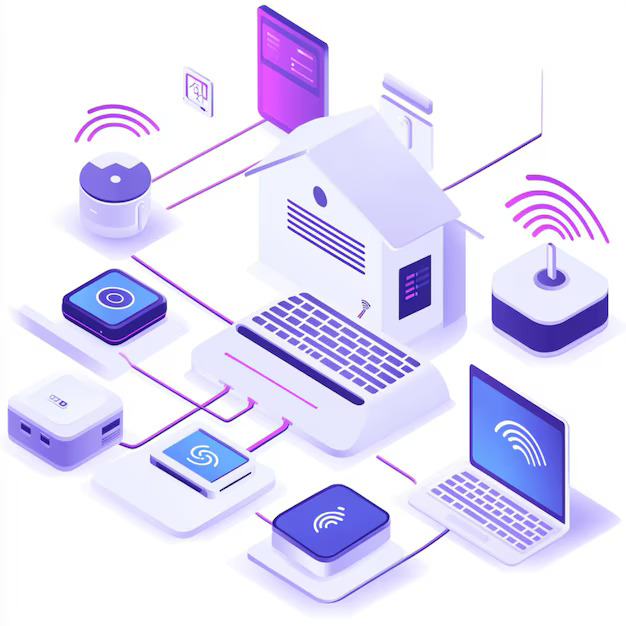
IOT
-
Throughout the program, you'll
explore the fundamental
principles of IoT architecture, sensor networks, data
acquisition, communication protocols, and cloud computing. You'll delve into the
design
and
implementation of IoT
systems, learning how to integrate sensors, actuators, and microcontrollers to
collect
and process data
in real-time.
Through hands-on projects and practical exercises, you'll gain proficiency in IoT
development platforms,
programming
languages, and frameworks, enabling you to build scalable and resilient IoT
solutions.
Flutter Development
Flutter development involves using Google's UI toolkit to create high-quality native interfaces for mobile, web, and desktop platforms from a single codebase. With its expressive and flexible UI components, Flutter enables developers to build visually stunning apps with smooth animations and responsive layouts. By leveraging the Dart programming language, developers can efficiently manage state, handle networking, and integrate device features seamlessly. Flutter's hot reload feature facilitates rapid iteration and experimentation, while its extensive widget library and rich ecosystem of plugins empower developers to create versatile and feature-rich applications for diverse use cases, making it a popular choice for cross-platform development.


Cyber Security
-
Enter the world of
cybersecurity and fortify your defenses
against digital threats with our comprehensive course
designed to provide you with the knowledge and skills necessary to protect valuable
information assets
in an
increasingly interconnected world. As organizations embrace digital transformation,
the
need for robust
cybersecurity
measures has never been greater. This course equips you with the tools and
techniques
needed to identify
vulnerabilities, mitigate risks, and safeguard against cyber attacks.
